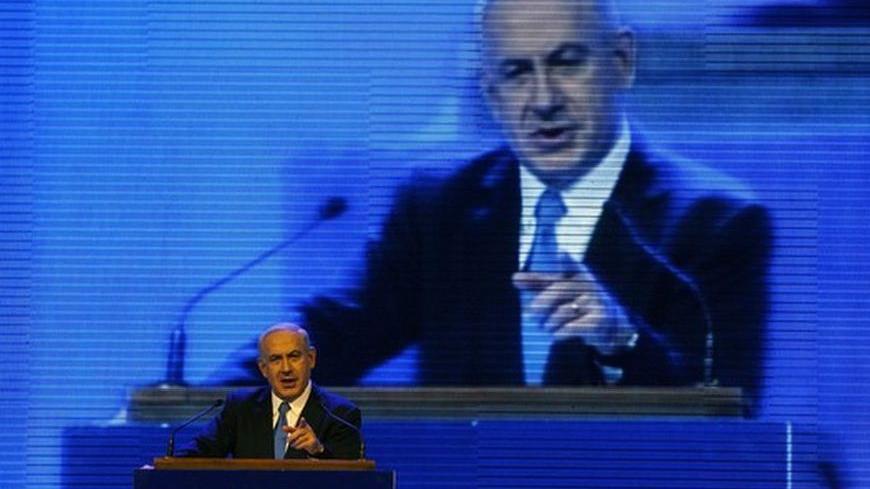On Dec. 21, Israeli Prime Minister Benjamin Netanyahu faced a thorny dilemma: Should he engage in a media blitz against extreme right-party HaBayit HaYehudi Chairman Naftali Bennett, who gave ideological legitimization for refusal to obey military orders during the evacuation of settlements a day earlier, or just ignore him. In order to understand the depth of the dilemma, we must first recognize the most prominent phenomenon in the current election campaign. That is the “strong turn to the Right” of almost all the parties in the “Centrist-Left-moderate Right” bloc, as a means of gaining additional votes in the ballot-box in less than a month’s time.
In the feverish, internal discussions held in the Likud-Beitenu election headquarters, reservations were expressed that an attack on Bennett from the Likud-Beitenu, let alone from Netanyahu, might achieve the opposite results. In other words, it might strengthen Bennett’s right-wing image, thus gaining more mandates for him — at their expense. Netanyahu’s attack might be understood as a sign that Netanyahu intends to evacuate settlements after the elections.



